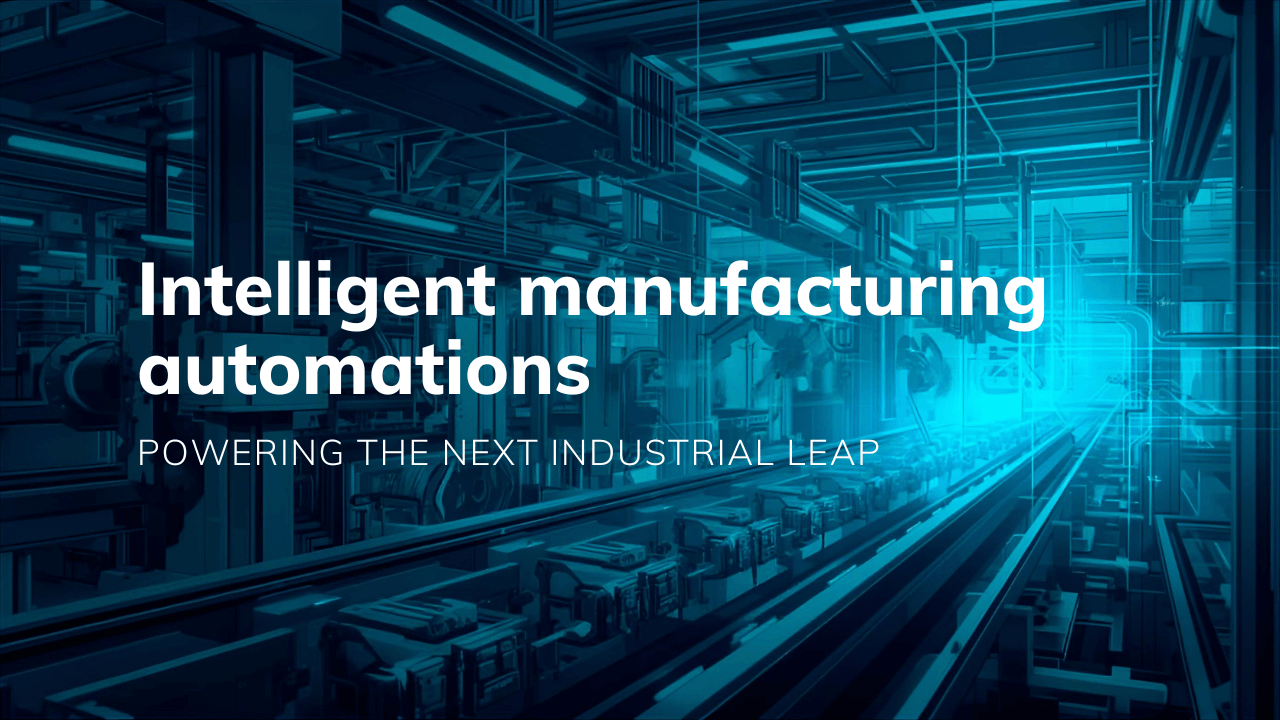Supply chain and logistics have always been areas that need a large number of human resources to operate the system effectively. Therefore, if businesses do not prepare human resources, they will stagnate.
To relieve pressure on employees and businesses, robotic automation technology will help them efficiently complete jobs in the supply chain and logistics. The following article by WinActor Support will help you better understand the role of RPA in the supply chain and enterprise logistics.
Impact Of RPA On Office Work
In essence, RPA is a system of software robot that performs a fixed, repetitive block of work. The staff will directly install the program because PRA has an intelligent memory ability, it can correctly perform the steps in the process the next time after only one reading.
One of the reasons RPA can work so effectively is that the manufacturer has combined AI with ML into the system of bots. However, automated robots will not have the ability to learn and create on their own like AI.
Therefore, every process will not have any changes coming from RPA. If you want to change, the employees will be the ones who directly affect the processing system.
Currently, process automation robots have been doing well in most fields. It can interact effectively with the desk workload without any exceptions. In addition to data entry and invoice processing jobs, businesses can apply RPA to other tasks: warehouse management, meeting the needs of supply chain and logistics locations.
In addition, a large number of adoption of RPA will have a substantial impact on the quantity and quality of work. Because on average, the software robot system has a working speed 3 times faster than a human with almost absolute accuracy.
Therefore, businesses can replace employees with RPA virtual human resources. It will dramatically impact the number and role of positions within the company. Specifically, employees with low productivity will be eliminated or move to situations requiring creativity and bringing more value to the business.
At present, Robotic Process Automation is the most powerful enterprise software globally.
It contributes to improving ROI and provides accurate data to help businesses develop effective business strategies in the future. One of the areas where robotic automation is doing well is automating the supply chain and logistics workloads.
Benefits of RPA in Supply Chain Management
1. Accelerates the process
Logistics and supply chain management are always essential tasks of every business. Because they need to regularly monitor work efficiency and control goods information to edit and supplement when necessary, these tasks require high accuracy and quick completion to keep up with the work schedule.
Many businesses have applied Robotic Process Automation to their work processes to improve work efficiency.
RPA will help companies automate tasks: control inventory, create and send automated emails to contact partners, list suppliers for products, etc… It can effectively do these jobs without any errors. From there, businesses can speed up the work process, significantly improving labor productivity.
2. Ensures Easy Inventory Management
The task of inventory control is a difficult task for warehouse workers. Because they will have to constantly check the number of products to promptly provide information to the sales department and other related departments.
Applying process automation robots will help businesses effectively manage the supply chain. It will bring convenience in matters such as: maintaining correct data, sending automatic notifications to managers, and automatically reordering products that fall below a certain level. That way, businesses will have a complete and tight supply chain control process.
3. Ensures Correct Planning of Demand
By applying process automation robots, the bots system will identify the needs of companies in the business process. At the same time, it will give solutions to overcome the exceptions. Currently, RPA can take on most of the work in supply chain planning.
Therefore, it can make this operation more efficient and intelligent while minimizing manual errors in the working process.
It can be that the transition from manual to automation of supply chains and logistics has brought many benefits. It has brought excellent efficiency and savings to businesses in improving the accuracy and speed of essential tasks.
This substantial impact of RPA has prompted enterprises to continue moving their supply chain management departments to the RPA system.

Benefits of RPA in Logistics Management
1. Facilitates the Monitoring of Process
Like the supply chain, logistics is also essential for every business. They will need to make sure this task block will not have any errors during operation. For logistics to occur successfully, the entire process needs to be carefully planned and monitored.
One of the powerful uses of RPA is to contribute to improving the quality of work for logistics tasks. Specifically, it will help businesses automate tasks related to data entry. The entire process of setting up emails, orders, shipping notifications, and delivery documents will be automatically entered by RPA into the system.
2. Increases the Customer Satisfaction
One of the critical tasks of a logistics manager is to ensure customer satisfaction. To improve the quality of customer service, businesses should choose to use process automation robots. RPA will help companies track customers by connecting data from the warehouse system. From there, businesses can quickly and easily solve many customer problems with chatbots.
Conclusion
Hopefully, the article will help you better understand the process of automating the supply chain and logistics using RPA robots. It can be that software robots are the perfect virtual human resource for this job.
It contributes to automating many essential tasks of the supply chain, improving the customer service efficiency of the logistics chain. From there, businesses will have the opportunity to enhance their productivity and efficiency, contributing to the desired ROI.

WinActor is an RPA software solution by NTT DATA Corporation to help businesses master technology, create breakthroughs in the digital age 4.0.




